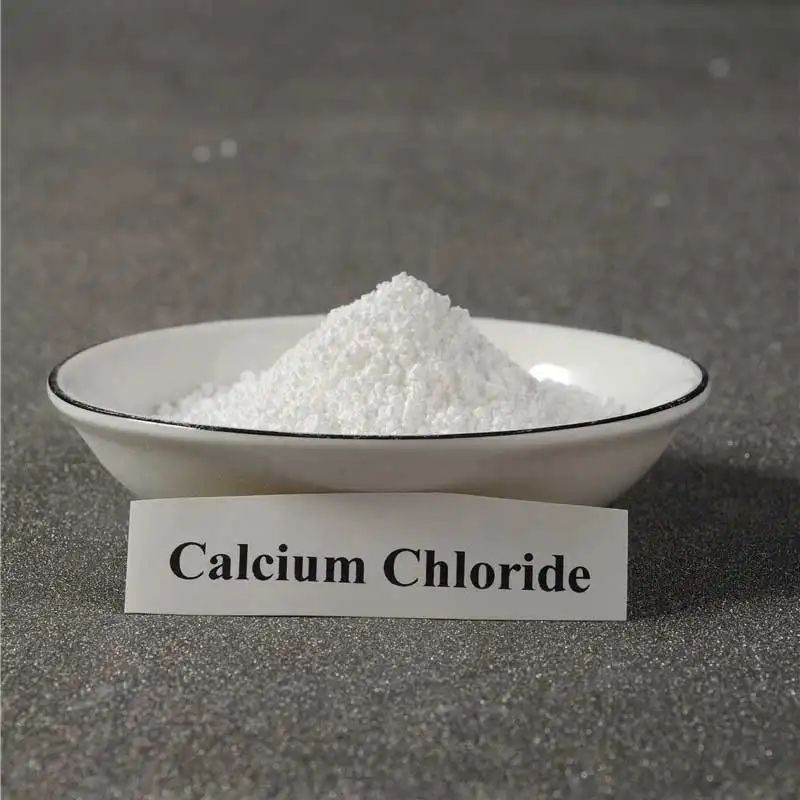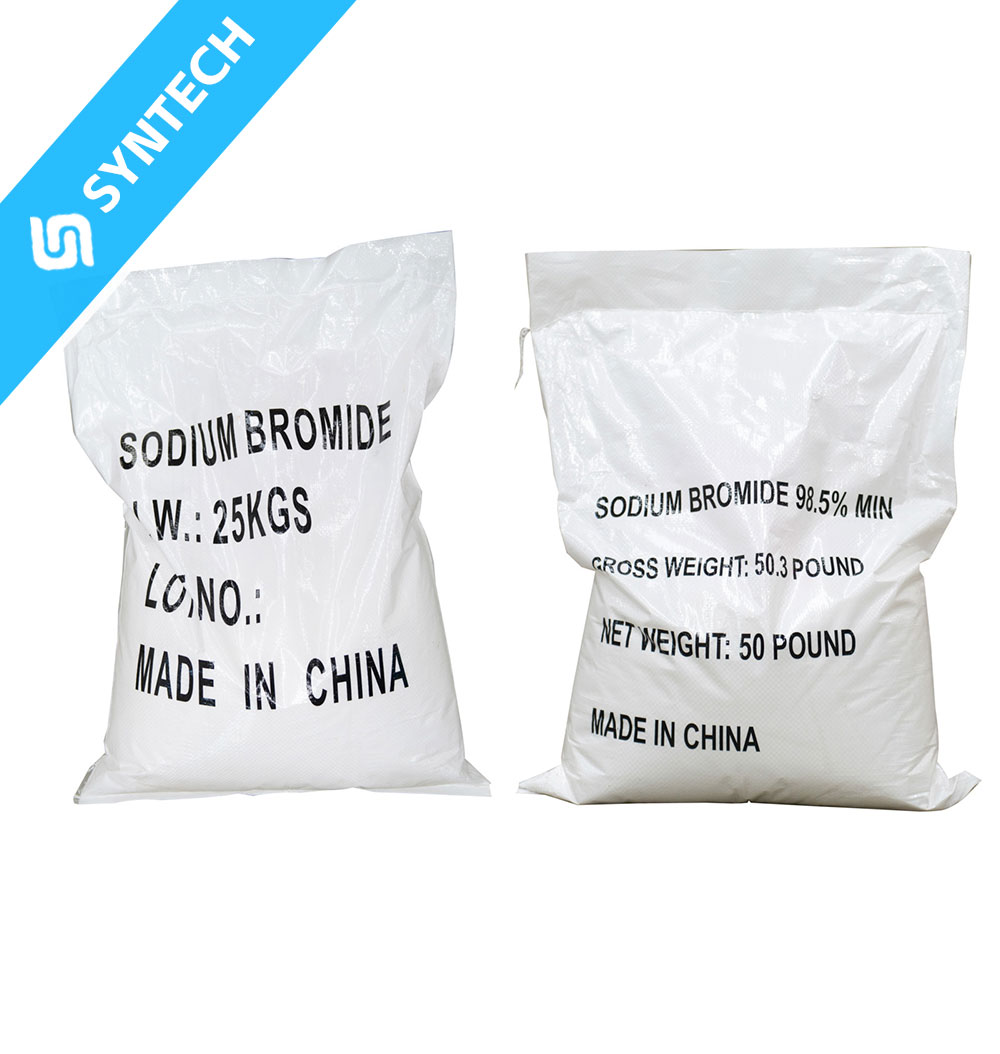Magnesium Carbonate (MgCO₃) is a white, inorganic salt that occurs naturally as the mineral magnesite. It is also produced synthetically for various industrial, pharmaceutical, and food applications.
Properties:
- Chemical Formula: MgCO₃
- Molar Mass: 84.314 g/mol
- Appearance: White, crystalline solid
- Solubility: Poorly soluble in water, but dissolves in acids (releasing CO₂).
- Decomposition: Breaks down to magnesium oxide (MgO) and carbon dioxide (CO₂) when heated (~350°C).
Forms of Magnesium Carbonate:
- Anhydrous MgCO₃ – Pure form.
- Basic Magnesium Carbonate (Hydrated Forms) – Such as Mg₅(CO₃)₄(OH)₂·4H₂O, used in medicine and sports.
- Magnesium Carbonate Hydroxide (Mg(OH)₂·MgCO₃) – Used as a flame retardant.
Uses & Applications:
- Pharmaceuticals & Supplements:
- Antacid (relieves heartburn and indigestion).
- Magnesium supplement (for deficiency).
- Used in laxatives.
- Food Industry (E504):
- Anti-caking agent in powdered foods.
- Drying agent (e.g., in salt and spices).
- Used in sports chalk (for grip in weightlifting, gymnastics).
- Sports & Fitness:
- Gymnastics chalk (dries sweat for better grip).
- Industrial Uses:
- Fireproofing (in insulation and construction).
- Rubber and plastic manufacturing.
- Glass and ceramics production.
- Cosmetics:
- Absorbent in face powders and bath products.
Safety & Side Effects:
- Generally recognized as safe (GRAS) in small amounts.
- Excessive intake may cause diarrhea or magnesium toxicity (rare).






